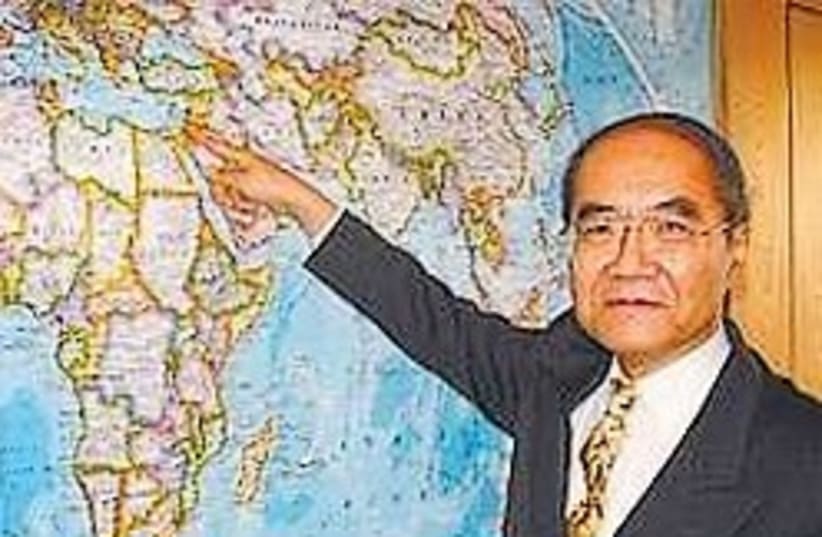| More about: | Yitzhak Rabin, Old City (Jerusalem), United States, Temple Mount |
UNESCO commemorates Yitzhak Rabin's life
The ambassador of Iraq, acting president of the group of Arab countries at UNESCO, attended the ceremony.


| More about: | Yitzhak Rabin, Old City (Jerusalem), United States, Temple Mount |